
Author Mads Timmermann
Mads has 15+ years of experience as a skin expert and has written/read this article.
🔥 New Updated 2025 Guide: 🔥
👉 Get the Clean Skin Guide now
Tired of acne and breakouts that never go away? 🤔
Learn how to fight your acne effectively and quickly.
🌟 390,067 others have already received the guide.
Acne is a common skin condition not limited to the face; it can also affect areas like shoulders, often causing discomfort and self-consciousness. Shoulder acne arises from the same basic causes as facial acne, including excess oil production, clogged pores, bacteria, and inflammation. Due to the larger pores and active oil glands, the shoulders can be particularly susceptible. An effective strategy for managing shoulder acne includes a daily skincare routine suited to body skin, which is usually thicker and more resilient than facial skin, and incorporating treatment options that address the unique needs of body acne.
Various preventative measures can significantly reduce the likelihood of developing shoulder acne or worsening existing conditions. These measures include wearing breathable fabrics, showering after sweating, and using non-comedogenic skincare products. For those already dealing with shoulder acne, treatment options range from over-the-counter topicals to professional dermatological procedures, depending on the severity of the breakout. It’s important to remember that a consistent approach to care and treatment is often more successful than sporadic or aggressive tactics.
Key Takeaways
- Shoulder acne can be managed with a skincare routine tailored for body skin.
- Preventive strategies include wearing breathable clothing and showering post-exercise.
- Consistency in care is crucial for treating and preventing shoulder acne.
Understanding Shoulder Acne
Before we explore shoulder acne, it's essential to recognize that this condition is similar to facial acne and can be addressed with proper care and understanding of its unique causes and contributing factors.
Identifying Causes
Acne on the shoulders often arises from clogged pores, which result from an accumulation of dead skin cells, oils, and sometimes bacteria. Factors like tight clothing can further exacerbate this problem by trapping sweat and heat, which increases the likelihood of pores becoming blocked. It's also worth considering external elements such as skincare products or laundry detergent residues that may irritate the skin.
Link Between Diet and Acne
While the association between diet and acne isn't clear-cut, specific dietary patterns may influence skin health. Diets high in sugar and dairy have been linked to an increased risk of developing acne. On the other hand, consuming foods with anti-inflammatory properties, such as omega-3 fatty acids found in some fish, could help manage symptoms.
Hormonal Influences
Hormonal fluctuations, particularly androgens, can trigger acne development by increasing oil production in the skin. This is often why acne can worsen during puberty, menstrual cycles, or stressful periods when hormonal changes are more pronounced. In some instances, medical treatments to balance hormones might be considered as part of an acne management plan.
Daily Skincare Routine
Establishing a daily skincare routine is crucial for combating shoulder acne. By routinely cleansing and exfoliating, followed by moisturizing and applying sun protection, we can maintain the health of our skin and alleviate acne concerns.
Cleansing and Exfoliating
Morning and Night:
- Cleanse: Use a gentle, non-comedogenic cleanser to remove impurities and excess oil without over-drying the skin. It's especially important for acne-prone areas like the shoulders.
- Exfoliate: Two or three times a week, incorporate an exfoliant to remove dead skin cells and promote cell turnover. This helps to prevent clogged pores which can lead to acne.
Consult a skincare professional or take a Skin Test to find products best suited for your skin type.
Moisturizing and Sun Protection
Every Day:
- Moisturize: After cleansing and exfoliating, apply a lightweight, oil-free moisturizer to keep your skin hydrated. This helps to repair the skin's barrier, minimizing the chance of breakouts.
- Sun Protection: Use a broad-spectrum SPF 30 or higher sunscreen every day, even when it's cloudy. Sun exposure can worsen acne scars and damage the skin, so it's essential to protect it.
Adopting this Skin Care Kit can simplify your routine while ensuring all steps are included. Remember to apply products with clean hands, and never pick or squeeze blemishes as this can lead to scarring.
Treatment Options
In our experience, treating shoulder acne effectively requires a multi-faceted approach that includes over-the-counter products, prescribed treatments when necessary, and tapping into natural remedies for a gentler option.
Topical Medications
We find that topical medications containing benzoyl peroxide or salicylic acid are beneficial for treating mild to moderate shoulder acne. These active ingredients work to unclog pores and reduce inflammation. Start with a product that has a lower concentration to see how your skin reacts before moving to higher strengths. More information on the efficacy of these ingredients can be found in this ScienceDirect article.
Prescription Treatments
For more severe cases, we may recommend prescription treatments. These can include retinoids, which help by promoting cell turnover and preventing the plugging of hair follicles, or antibiotic creams to battle infection and inflammation. Oral medications like antibiotics or hormonal treatments might be considered as well. Consultation with a dermatologist is crucial, as treatment needs to be tailored to your specific acne concerns, which are detailed in the resources provided by the NCBI.
Natural Remedies
We've seen that natural remedies can be effective for managing minor acne and soothing irritated skin. Ingredients such as tea tree oil have antimicrobial properties, which can help combat acne bacteria. Aloe vera, with its anti-inflammatory effects, is also helpful in soothing the skin. It’s important to use these natural options carefully, as some can cause skin irritation or allergic reactions. For insights on using lemon juice and other natural ingredients, consider the techniques discussed in an article from Academia.edu.
Preventative Measures
To tackle shoulder acne effectively, we need to embrace certain preventative measures that focus on holistic lifestyle changes and the choice of clothing we wear. These adjustments can significantly reduce the chances of breakouts and support healthier skin.
Lifestyle Adjustments
Diet: What we eat plays a crucial role in skin health. Reducing our intake of dairy products may help significantly reduce acne breakouts. Ensuring a balanced diet filled with vegetables, fruits, and lean proteins supports overall skin health.
Hygiene: Regular bathing, especially after sweating, can prevent the buildup of oils and dead skin cells that can block pores. Using a gentle cleanser designed for acne-prone skin can be beneficial.
Clothing and Fabric Choices
Materials: Opting for loose-fitting clothing made of natural fibers like cotton helps prevent acne by allowing the skin to breathe and reducing friction.
Laundry: We should make sure to wash our clothes, especially gym wear and shoulder-contact accessories like straps, regularly to keep acne-causing bacteria at bay.
Incorporating these strategies into our daily routine can act as a frontline defense against shoulder acne, paving the way for clearer, healthier-looking skin.
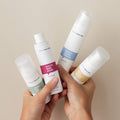
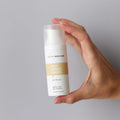
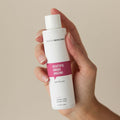
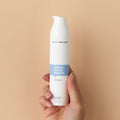
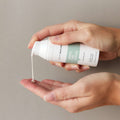
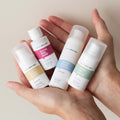
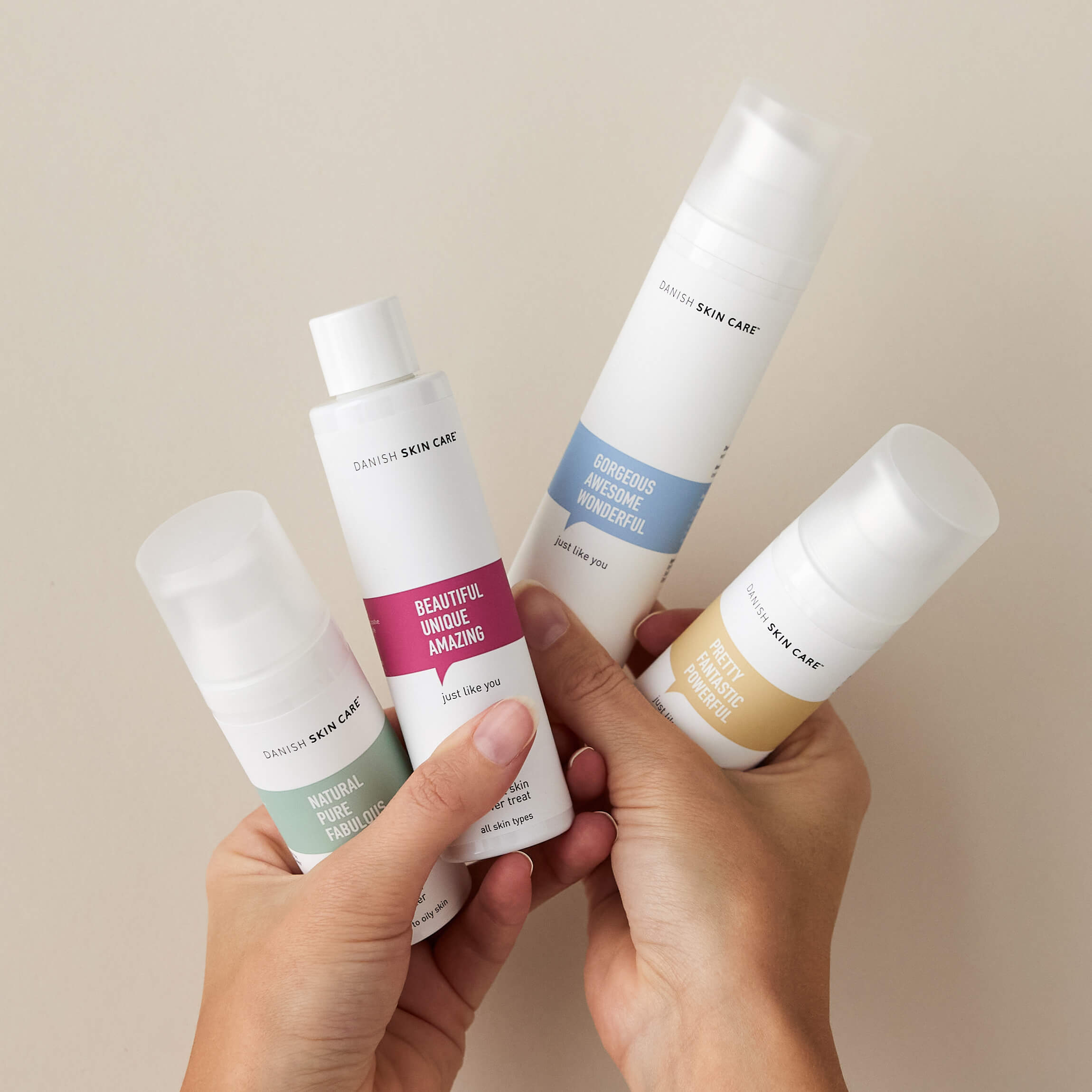
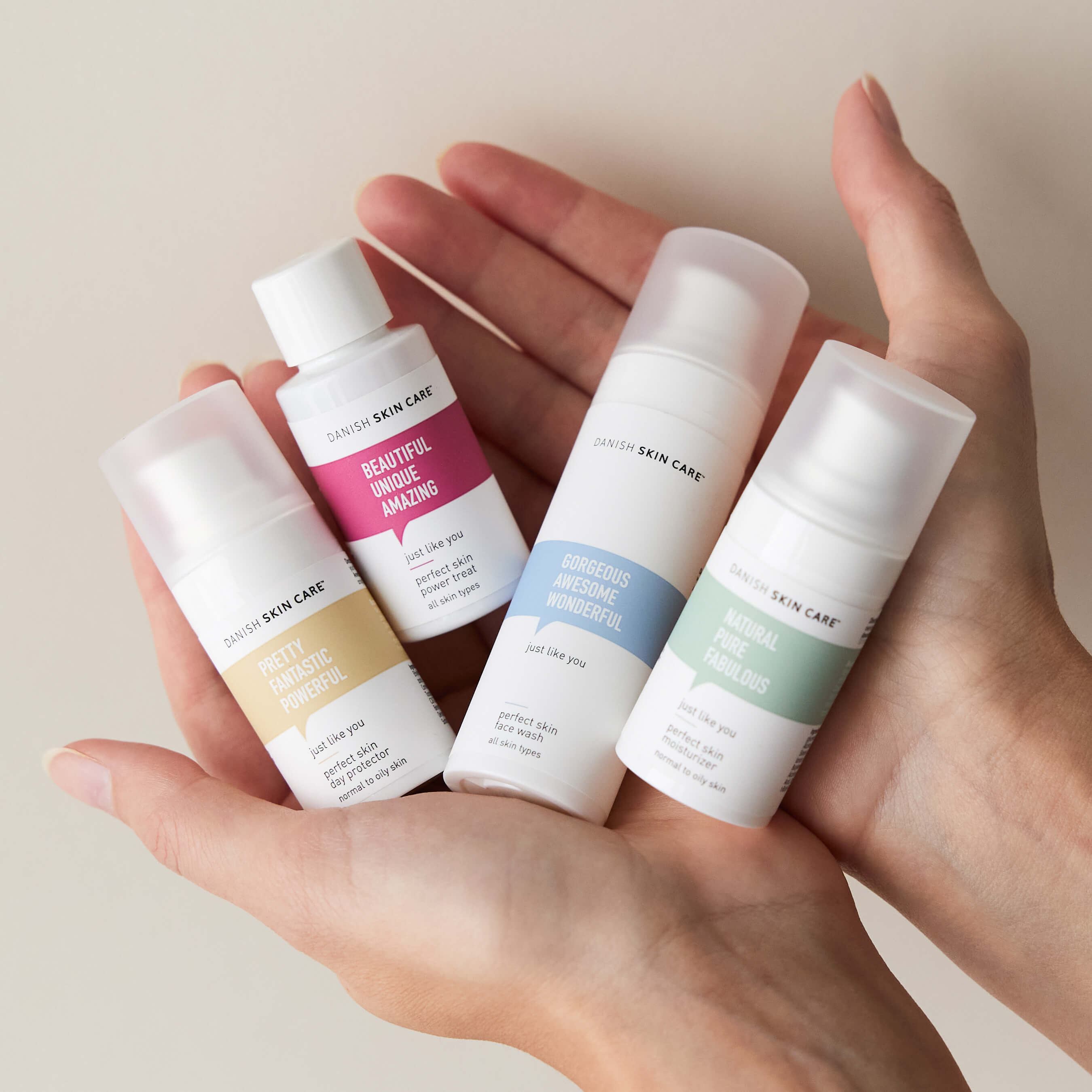
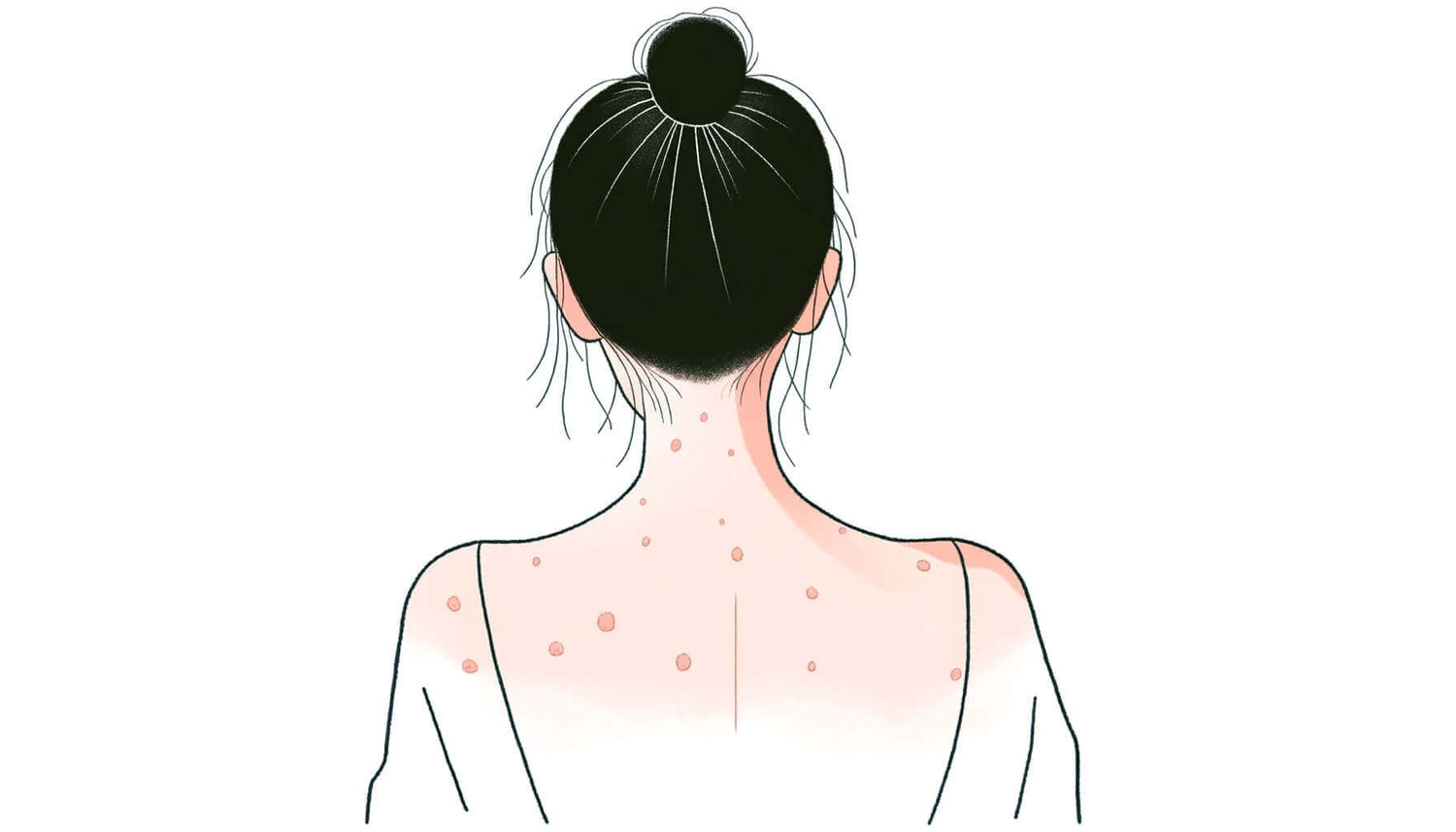
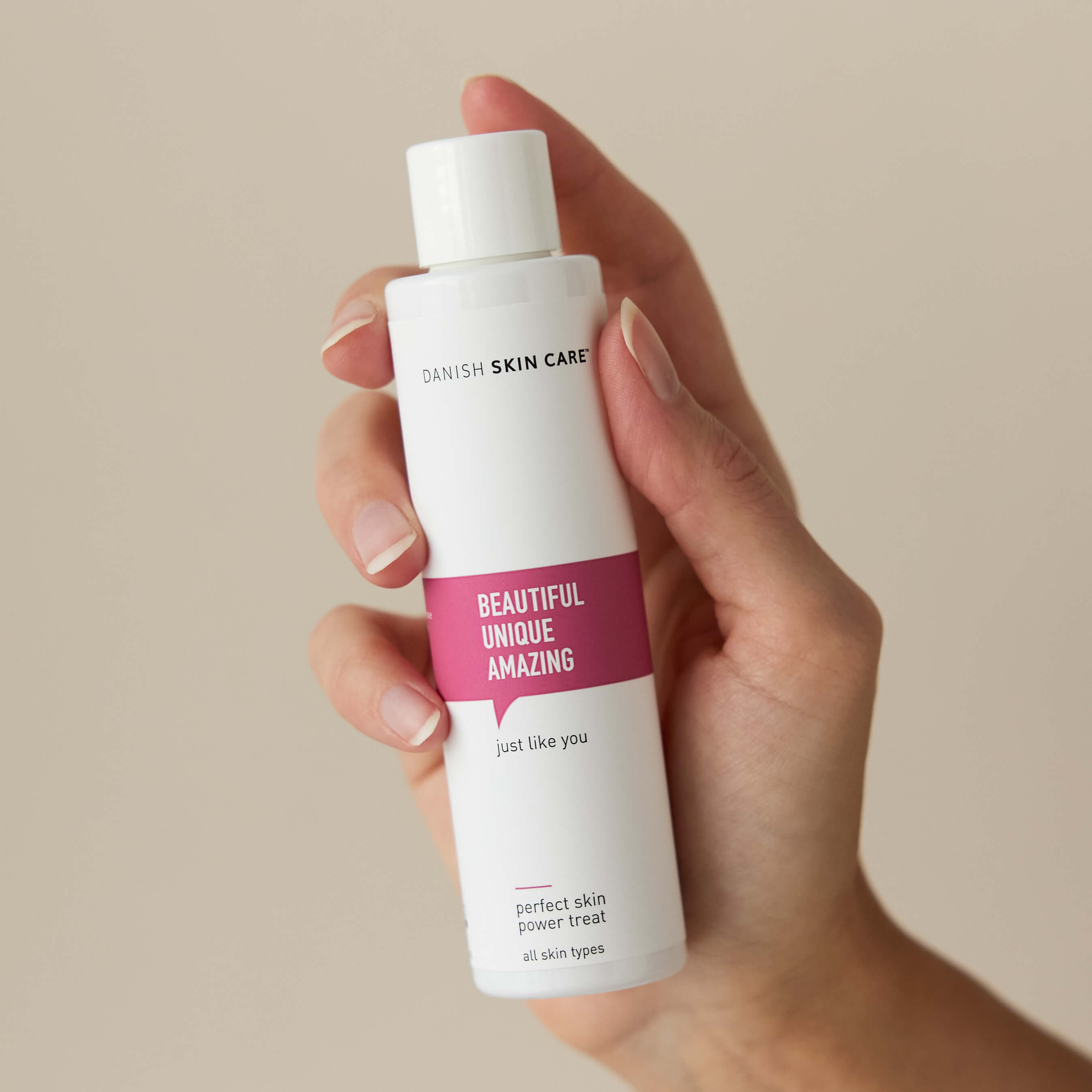

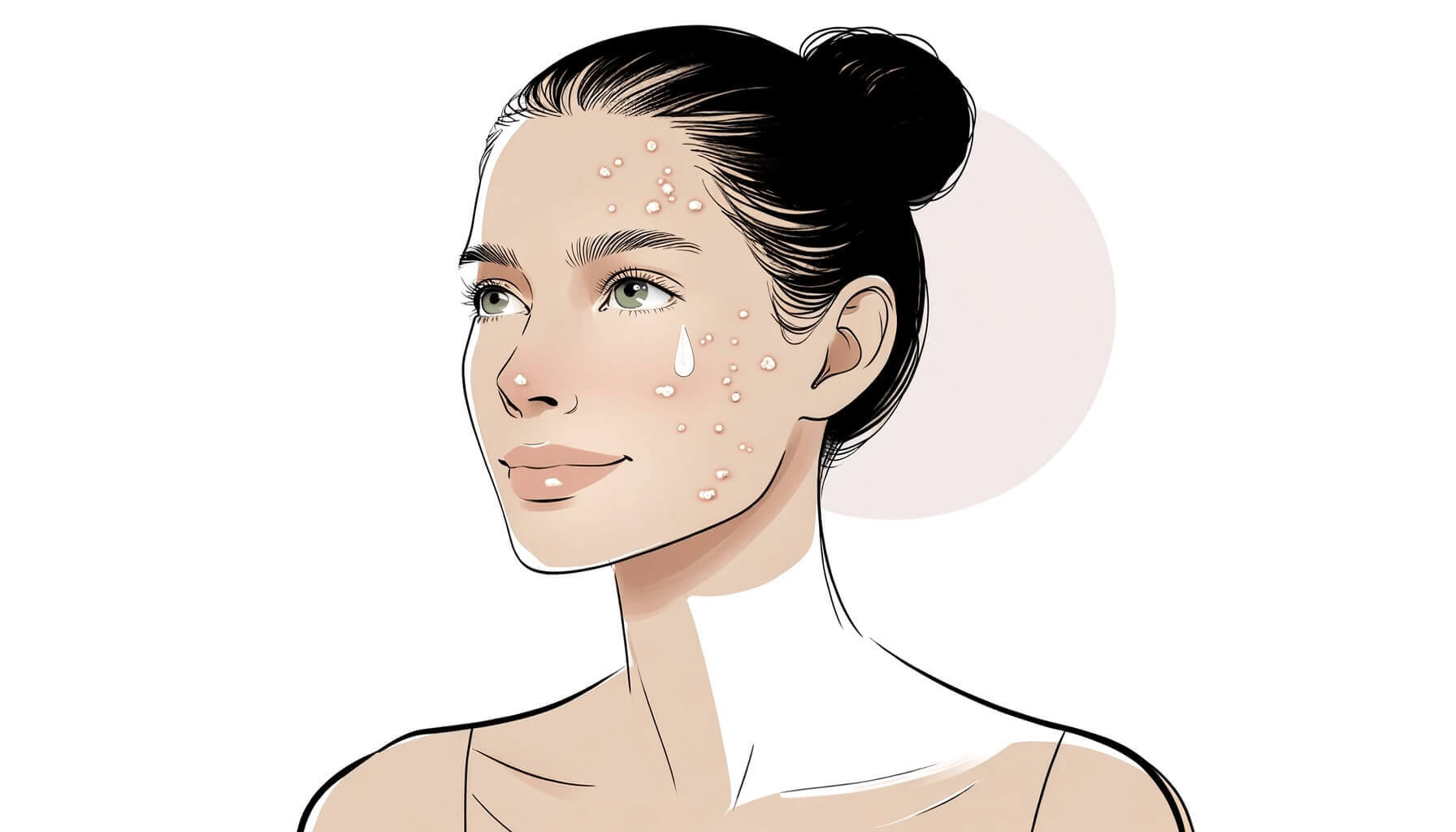
Leave a comment